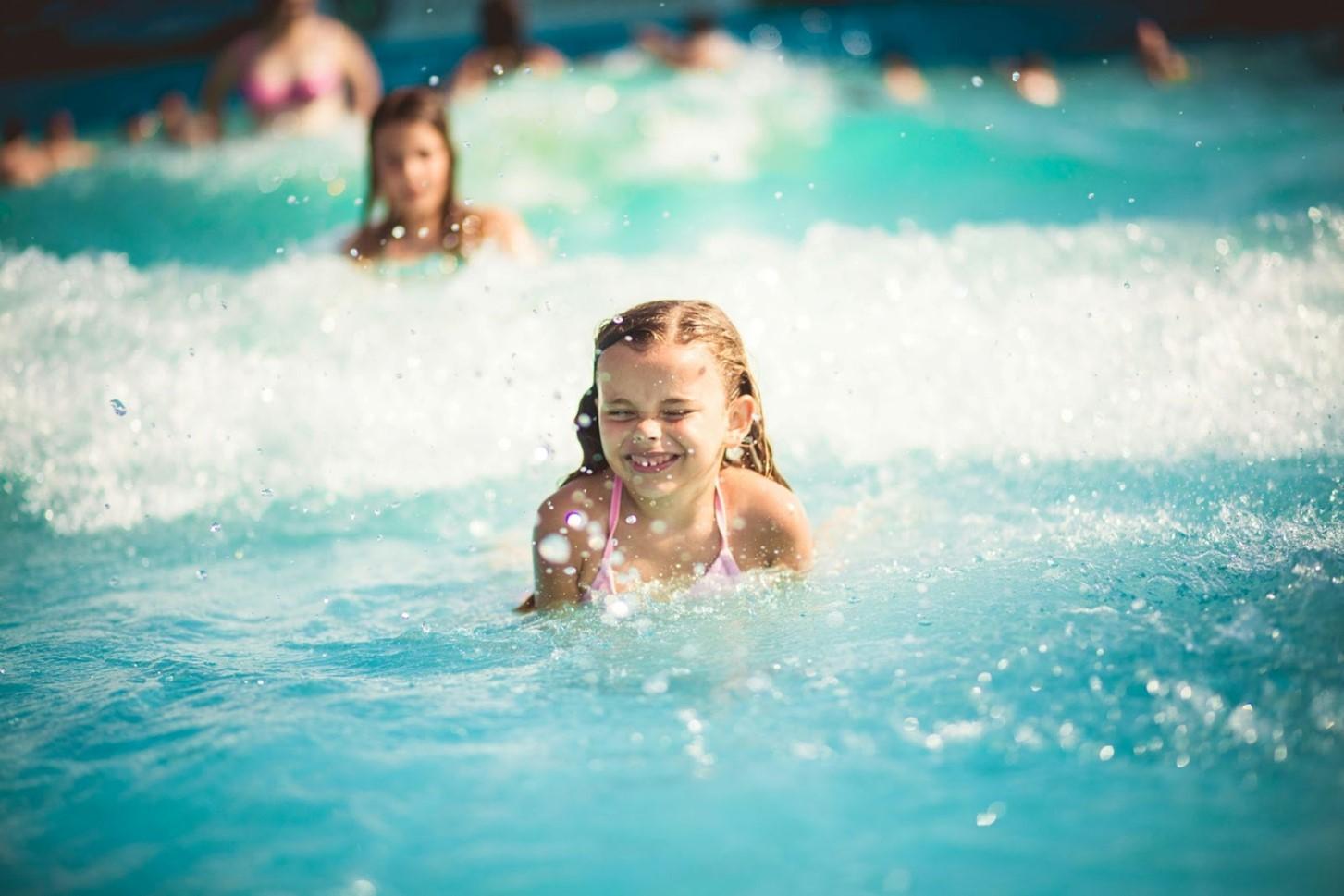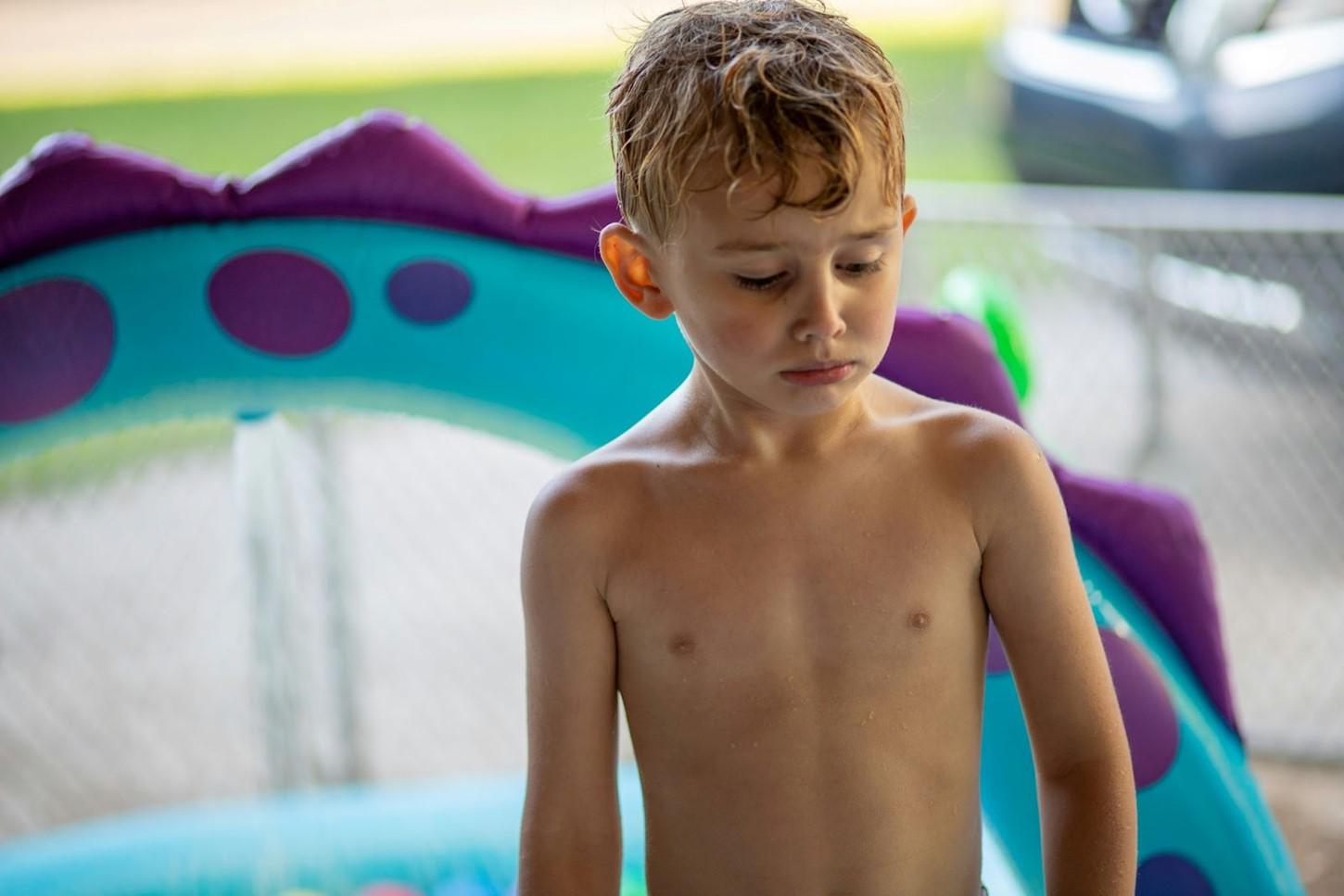





Author :Jun Dai

As Forbes Carlile once stated, “To swim well is an asset for life” and indeed, making swimming lessons enjoyable can truly make a difference. It is a vital life skill with numerous benefits, from safety to health and fitness. At Aqua Artist, we believe that the foundation of effective swim instruction lies in making such swimming lessons fun, not forceful. So, in this article, we’ll explore why a fun approach is crucial, the risks associated with forcing children to swim and everything in between. Let’s get in:

When children enjoy their swimming lessons, they are more likely to be engaged and motivated. This leads to better learning outcomes. Fun activities can capture their attention, making it easier for them to absorb new skills and techniques. Interesting swimming classes for kids can make them more enthusiastic about attending lessons and participating in swimming actively.
Positive experiences in the water help build confidence and reduce fear. Creating a joyful learning environment can significantly impact a child’s confidence and willingness to learn. A child who associates swimming with fun is more likely to develop a positive attitude towards water, which is vital for overcoming any initial apprehension. This not only improves their swimming skills but also contributes to their overall mental well-being.

Here’s why we say why you should not force your little one to go swimming classes beyond their will.
Forcing a child to participate in swimming lessons when they are not ready or comfortable can lead to distress. Signs of distress can be obvious, such as crying, trying to escape, or showing fear. However, there are also subtle signs like stiff body movements, a withdrawn look, or shivering when the water is warm. Instructors and parents need to recognise these signs and respond appropriately to avoid long-term negative associations with swimming.
Did you know that high levels of distress can harm a child’s developing brain, affecting their ability to engage in social learning? When a child is forced into situations that cause fear or discomfort, they are less likely to enjoy the activity and more likely to develop an aversion to it. This can have long-term consequences, not only hindering their swimming skills but also impacting their overall confidence and willingness to try new things (KidSwim).
Every child develops at their own pace, and a fun-focused approach respects this variability. Forcing a child to swim before they are ready can be counterproductive. Instead, creating a fun and supportive environment allows children to explore the water at their own pace, building confidence and skills naturally. This is why our intakes start from preschool swimming classes. We emphasise that a developmental approach that considers each child’s character, temperament, and stage of development is more effective than a one-size-fits-all method.
Positive and enjoyable experiences in the water enhance a child’s ability to learn vital water safety skills more effectively. When children are relaxed and having fun, they are more receptive to learning important safety techniques that can protect them in various aquatic environments.
Making lessons enjoyable fosters a lifelong interest in swimming. Children who have positive experiences in the water are more likely to continue swimming as they grow older, leading to healthier, more active lifestyles. Swim lessons can instil a love for water activities, encouraging children to pursue other water sports like competitive swimming and recreational activities.

Adding games and playful activities into swimming lessons can make learning fun and exciting. Activities like “Simon Says” in the pool, treasure hunts, and relay races not only teach swimming skills but also keep children engaged and entertained. It’s important to balance structured learning with free play to ensure that children associate swimming with fun and enjoyment.
Encouraging parents to participate in early swimming lessons can create a supportive and fun learning environment. Parent-child classes help young children feel secure and confident in the water, as they have the comfort of a familiar face nearby. This involvement also allows parents to understand their child’s progress and reinforce positive experiences outside of formal lessons.
Encourage kids by celebrating small achievements. This can boost a child’s confidence and motivation. Praising children for their efforts, no matter how small, helps them feel proud of their accomplishments and eager to learn more. This approach fosters a positive learning environment where children are encouraged to try new things without fear of failure.
Instructors and parents should trust their instincts and be mindful of the child’s comfort level. If a child shows signs of distress, it’s important to back off and give them time to adjust. Forcing a child to continue when they are uncomfortable can lead to negative associations with swimming. Instead, taking a gentle and patient approach ensures child feels safe and supported.
Swimming should be a fun and exciting learning experience for children. By prioritising fun over force, we can create an environment where children are eager to learn and explore the water. At Aqua Artist Swimming School, we are committed to providing quality swimming lessons that focus on the individual needs of each child, ensuring that they develop essential water safety skills positively and enjoyably. To learn more about our classes, feel free to contact our team today!